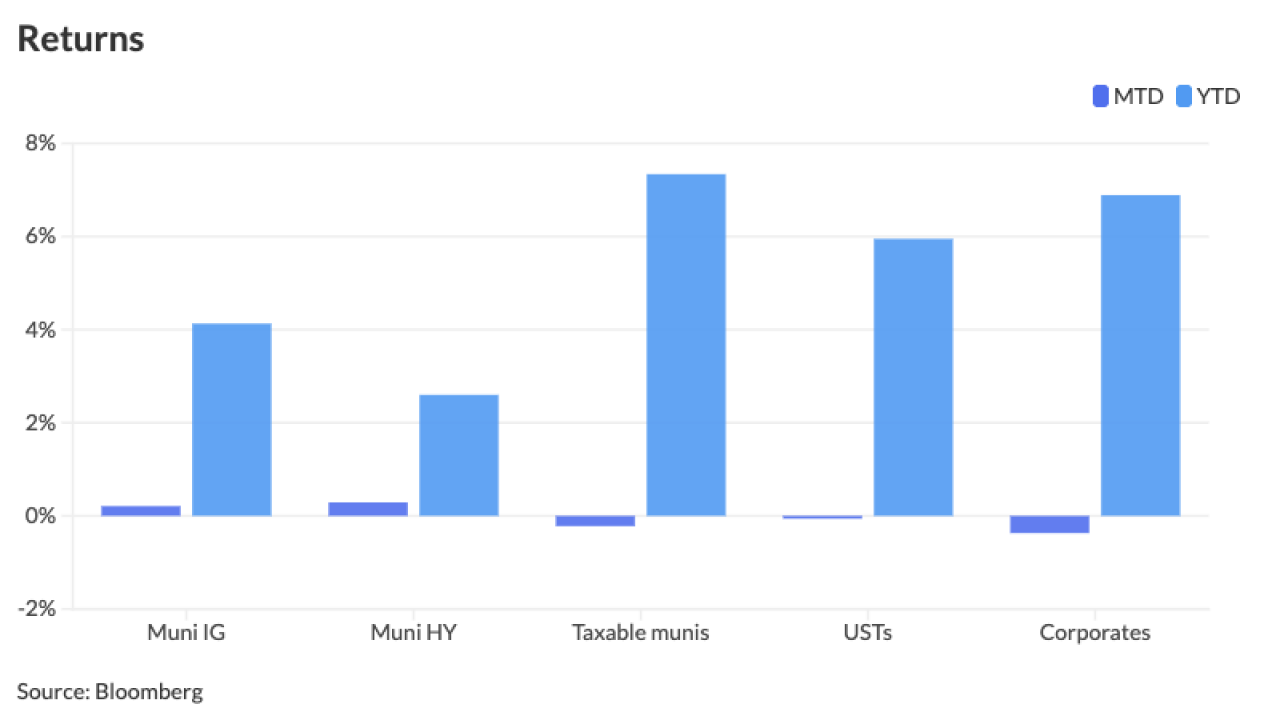WASHINGTON – Top officials in New York and New Jersey are threatening to sue the federal government over a proposed regulation that would limit the deductibility of state charitable tax credits.
The Treasury Department and Internal Revenue Service proposed regulations on Thursday to curb abuses of charitable deductions that have grown in popularity in some states since enactment of the Tax Cuts and Jobs Act in December.
The $10,000 cap on the federal deduction for state and local taxes that is part of the new tax law has spurred several blue states primarily in the Northeast to enact laws allowing generous charitable deductions as workarounds.

New York Gov. Andrew Cuomo and New Jersey Attorney General Gurbir Grewal said their states were willing go to court to stop the regulation.
“We’ve already sued the administration once over the SALT tax cap, and we’ll do it again if we have to,” Grewal said.
New Jersey joined with New York, Connecticut and Maryland to
The four high-income, high-tax states said in their joint claim against the Trump administration that the deduction “is essential to prevent the federal tax power from interfering with the states' sovereign authority to make their own choices about whether and how much to invest in their own residents, businesses, infrastructure, and more.”
Cuomo said Thursday that the cap on the SALT deduction is costing New York families $14.3 billion annually. "And we are already seeing evidence of its devastating toll on homeowners,” he said. “Home sales in Westchester, for example, fell by 18% in the second quarter, the most since 2011.”
Meanwhile, accountants and tax advisers in primarily red states have promoted tax shelter schemes using long-standing charitable tax credits for private schools and other purposes.
Both would lose their allure under the
The conservative-leaning Tax Foundation and the liberal-leaning Institute for Taxation and Economic Policy agreed Thursday that the proposal takes a non-partisan approach to tackling what they perceive as abuses.

“The main difference between states that recently passed SALT workaround legislation and states that provide overly generous credits for donations to private schools are their political leanings,” said Carl Davis, director of research for ITEP. “Private school supporters were hoping for a special carve out that would allow their tax shelters to remain intact, but the IRS was correct not to pick winners and losers.”
Davis said the proposal “would close down the charitable tax credit dodge across the board.”
Jared Walczak, senior policy analyst for the Tax Foundation, said the proposal adheres to the purpose of the charitable deduction to encourage charitable donations without allowing the tax credits to be used for tax avoidance.
“This is based on substance over form and the idea that if you make a payment in satisfaction of your tax liability it doesn’t matter what you call it, it’s still a tax,” Walczak said.
Walczak also agreed with Davis that the proposal eliminates a tax arbitrage opportunity. “We certainly both argued that you shouldn’t be able to arbitrage this to make money on a charitable contribution and that the state and local tax deduction is a regressive and poorly designed feature of the federal tax code and capping it makes sense,” he said.
Only state tax credits of 15% or less would qualify for a full federal charitable deduction while more generous tax credits used by states as workarounds would get significantly reduced federal charitable deductions. The proposed rules take effect for donations made after Aug. 27 although they won't be finalized until after the comment period and a Dec. 5 public hearing.
Any combination of state and federal charitable tax credits would be limited to no more than 100%, eliminating the gaming of tax credits by wealthy households who might otherwise make money on their donations.
A state charitable credit of 70% resulting in a $700 deduction on a $1,000 donation would be eligible for a 30% federal tax credit of $300, according to an example published by the IRS.
As a result, New York’s 85% to 95% tax credit for charitable donations to school districts and local governments would be eligible for a federal deduction of only 5% to 15%.
Prior to enactment of the Tax Cuts and Jobs Act which doubled the standard deduction for individuals and households, the deduction for state and local taxes was unlimited for those who itemized. But the new tax laws capped those deductions at $10,000.
House Ways and Means Committee Chairman Kevin Brady, R-Texas, who wants Congress to make the SALT cap permanent prior to its expiration date at the end of 2025, praised the proposed rules.
“These Treasury regulations rightly close the door on improper tax evasion schemes conjured up by state and local politicians who insist on brutally taxing local families and businesses,” Brady said in a statement. “At the same time, Treasury is clearly seeking to preserve important state tax credit programs that were in place before tax reform that are genuinely designed to serve local charities, many of them educational.”
The ranking Democrat on the committee, Rep. Richard Neal of Massachusetts, criticized the administration for blocking efforts by states to cope with the SALT cap. “The Trump Administration doubled down on its attack on the middle class,” he said.
Thirty-three states had state tax credits ranging from 25% to 100% for donations to private schools, environmental groups and other organizations prior to the enactment of the new federal tax law.
A June report by ITEP said tax accountants, financial advisors, private schools and other organizations have begun advertising state tax credits as tax shelters to sidestep, bypass or circumvent the federal SALT deduction cap with donations to organizations such as private K-12 voucher funds.
The ITEP report highlighted an Alabama accounting firm that promoted how a high-income taxpayer could make a $20,000 donation that could result in $27,400 in tax savings.
Officials of the National Governors Association, National League of Cities, National Conference of State Legislatures and the Government Finance Officers Association indicated in advance of the release that they planned no immediate comment.
“Once we have had a chance to review the proposal, you can expect that we will at least continue highlighting our longstanding position,” said Michael Belarmino, senior policy advisor at the GFOA federal liaison center. “Federal/state/local tax systems are complex and quite often interconnected, and there must be an effort to maintain the balance of these systems and preserve the ability of states and locals to set their own tax policy.”
“This is a critical component of the federal/state/local partnership and ensures that states and locals have the resources to provide essential public services to our communities,” Belarmino added.





